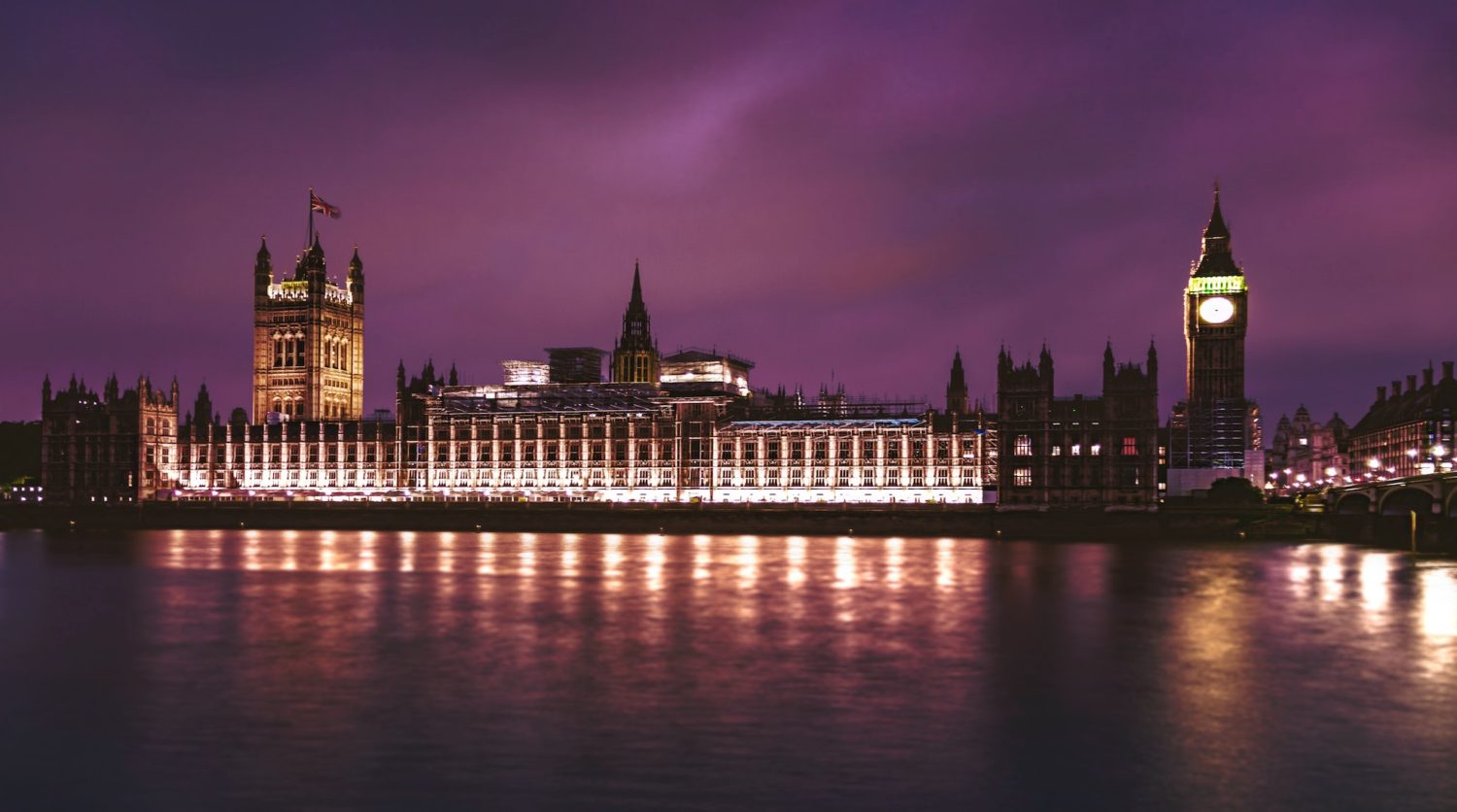Changing paths
More needs to be done to support mothers in politics, write Anya Sizer, Kelly Grehan & Mumtaz Khan.
Across all levels of representative politics, there is a failure to support women with children and a persistent attitude that mothers are not welcome in the political world.
As part of Labour’s Connected online conference, the Fabian Women’s Network held an event on mothers in politics. As MP and new mum Stella Creasy said at our event: “Parliament works on the default, which is a white man, and so what his needs are.” We believe councils work on the same premise and that this is one cause of the lack of women of childbearing age on council benches. Only 15 per cent of councillors are aged under 45 (men and women).
The British parliament is now 34 per cent female – an all-time high. The Labour party has finally reached gender parity in the parliamentary party but motherhood continues to be viewed as a hindrance for those pursuing careers in politics.
A disproportionate number of the women who have reached the top echelons of political leadership have not had children. Currently only one G20 country has a female leader – Germany – and Angela Merkel does not have any children. So far only two world leaders have ever given birth while holding office; the late Benazir Bhutto in Pakistan and Jacinda Ardern in New Zealand.
Baroness Helene Hayman became the first sitting MP to admit to being pregnant and subsequently give birth in 1976 – a staggering 58 years after women were allowed to stand for parliament. When her son was 10 days old she asked the Conservative whip if she could be paired in order to miss a vote and received a negative response. Labour whips refused her the time off so she came, baby in tow, forced to breastfeed her child in the only suitable place, which happened to be Shirley Williams’ office. A senior Conservative called the police when she left the baby with his nanny in the ‘lady members’ room’ while she voted. The vote, incidentally, was decided by one vote, causing the Daily Mail headline to proclaim ‘Government hangs by a nappy pin’.
Being forced back to work 10 days after giving birth would, rightly, be something not tolerated within most industries. But yet parliament continued along this path, with little fuss.
In 2010 a nursery was put in the Palace of Westminster and predictably complaints followed – about the loss of the bar it replaced, about the ‘waste of money’ and, of course, that this was a ‘perk for women.’ The numerous bars which adorn the building are apparently not a perk worthy of comment.
At our event, Lewisham East MP Janet Daby said there was still a stigma about female MPs having children and that there were always questions being asked about whether they could cope.
An example of this occurred in 2015 Rachel Reeves was forced to comment after Tory MP Andrew Rosindell raised a query about her continuing as shadow work and pensions secretary after giving birth, saying people must be “put in positions they can handle” before clarifying: “I don’t want to say someone who is having a baby is not eligible to be a cabinet minister, but I certainly think perhaps the demands of that particular job will require someone to give it their full attention.”
We cannot find any similar comments aimed at MPs who are expectant fathers.
Stella Creasy has been told she should not be putting herself forward for things because she has a baby by people in the Labour movement who then congratulated male MPs on attending meetings whilst being a father.
Creasy has spoken of her battle to become a mother and the way women are forced to keep their private and professional lives separate, saying: “During my first miscarriage, aching and bleeding, I joined a protest for the extradition of a man who had raped and murdered a constituent. The day after I found out that another baby’s heartbeat had stopped, I led a public meeting on gang crime. I even scheduled the procedure to remove the body on a day I didn’t have a constituency advice surgery. Heartbroken by all the years that I have struggled with fertility, I’ve kept these events to myself and made sure my constituents have never been affected.”
In June, Creasy hit the headlines when she held baby Hettie whilst contributing to a debate about abortion in Northern Ireland. Having spoken previously about feeling forced to choose between being a mum and an MP by the system not allowing MPs maternity leave, she had hired a locum to stand in for her constituency duties.
The Independent Parliamentary Standards Authority (Ipsa) does not recognise MPs needing maternity leave. Tulip Siddiq MP recounted her experience when pregnant of speaking to Ipsa. Apparently it was disinterested, pointing out that many MPs are past childbearing age, as if this excused the lack of provision.
Siddiq suffered difficult pregnancies with both her children and was advised to have a caesarean section at 37 weeks in her later pregnancy. This coincided with the vote on Theresa May’s Brexit bill. Denied a proxy vote, and not trusting the pairing system after Liberal Democrat MP Jo Swinson had her pairing betrayed by Conservative MP Brandon Lewis while she was on maternity leave Siddiq delayed the birth and came to vote in a wheelchair. When she asked her doctor about the delay, he said: “You are lucky I’m a remainer!’ but pointed out she was taking was a medical risk.
Siddiq says she would like to see ‘kindness’ for new mums and an understanding that not all pregnancies and births are easy and uneventful. She refers to ‘sarky remarks’ about women coming back five days after birth and how this was not possible for her after her c-section.
Siddiq also talked about an MP challenging her over her attempts to get electronic voting introduced, saying: “it’s not Labour policy’ to which she replied: “Well maybe it should be.’
We believe all political institutions are richer for having people with a variety of experiences in them, and that motherhood should be seen as an enriching experience and, certainly not as a negative.
FWN is now undertaking work looking at the experiences of women in politics who are mums, mums-to-be and those pursuing fertility treatment, with the aim of improving the policy offer for them.
In the meantime our event can be viewed here: https://www.youtube.com/watch?v=XqLhsRNia9s



